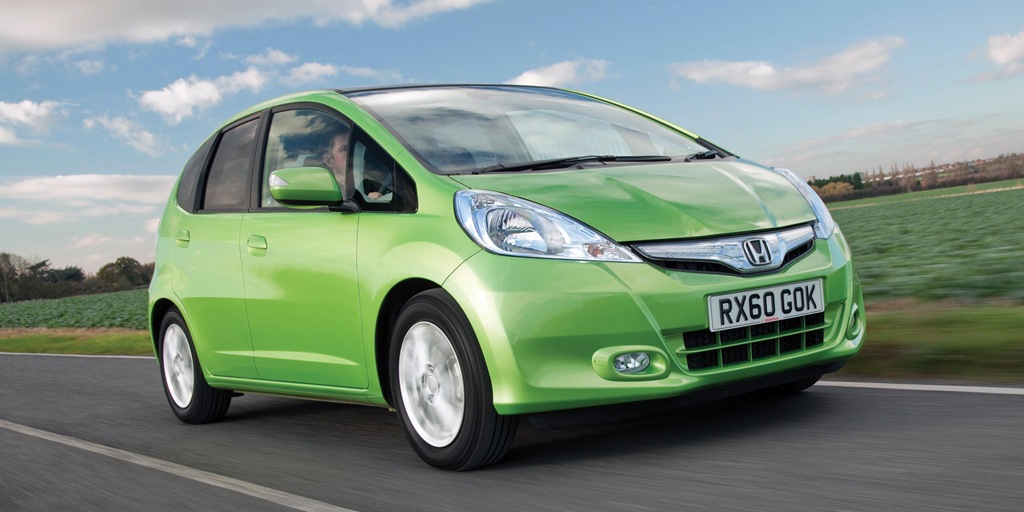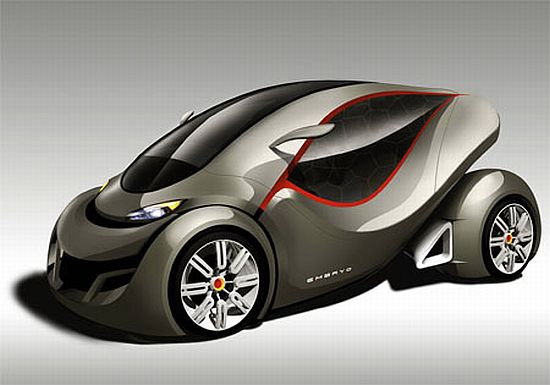What to Consider when buying an Eco Car
The growth of new car sales in the UK and Europe has continued relentlessly as the economy has expanded, serving as an engine for prosperity in the process. In precise terms, sales of new cars have continued to accelerate and recently extended a record-breaking run to 41 months of consecutive growth, with the number of new registrations in the UK having increased consistently since early 2012. The total number of new cars sold this year in the UK reached 1.5 million at the beginning of August, which represents a 6.5% increase on the same point 12 months ago.
At the heart of this is the rise of hybrid and eco-cars, which are appealing to larger driving demographics on the back of aggressive innovation. As a result, the concerns surrounding eco-cars have gradually dissipated, enabling drivers to fully appreciate the environmental benefits of these vehicles without compromising on performance. There was evidence of this recently, as plans were announced to develop electric motorways that could charge electric cars as they are being driven (eliminating range anxiety for all models).
The Key Considerations when buying an Eco-car
With this in mind, it makes perfect sense that motorists should consider investing in electric or eco-cars in the future. Not only will these vehicles be cheaper to run and more energy-efficient, but they will also reduce carbon emissions and help you to contribute to a more prosperous environment. Before you make a purchase, however, you will need to consider the following factors to execute an informed decision: –
The Purpose of Eco-Cars
While this may sound simple, it is important to fully understand the nature of eco-cars before investing in one. This is because these vehicles are designed to reduce carbon emissions by offering a more sustainable fuel alternative to petrol or diesel. While hybrid cars have gained credibility because they combine an electric, battery powered motor with a standard internal combustion engine to provide a balance between sustainability and performance. Now that solely electric cars are benefitting from increased innovation, however, these vehicles are gaining momentum in the current market. It is important to understand the functionality of these eco-cars, as your investment must be part of a wider commitment to the natural environment if it is to prove worthwhile.
What other Types of Eco-cars are Available?
In addition to improving the performance of viability of eco-cars, modern innovation is also diversifying the range of vehicles available. Take biofuel cars, for example, which utilise fuel that has been synthesised from crops, plants and waste food oils that have been mixed with minimal amounts of diesel (or in some instances petrol). Hydrogen cars represent the less well-known end of the spectrum, as these vehicles are rare and still under development but essentially work by utilising hydrogen as an alternative fuel source. It is important to develop an understanding of these vehicle types and their functionality, as this will enable you to compare the models on the modern market and make an informed decision that benefits both you and the environment.
The Importance of Timing
Now that eco-cars and increasingly sustainable concepts such as electric and biofuel vehicles have earned credibility, they represent a major economic concern. This means that they will continue to benefit from huge investment, which will turn drive even greater advancement and aggressive innovation. As a result of this, you will need to time your proposed purchase of an eco-car, paying careful attention to market trends, an ever-expanding range of vehicles and any upcoming development. This will enable you to enter the market at the optimum time and ultimately make the most of your hard-earned investment.


